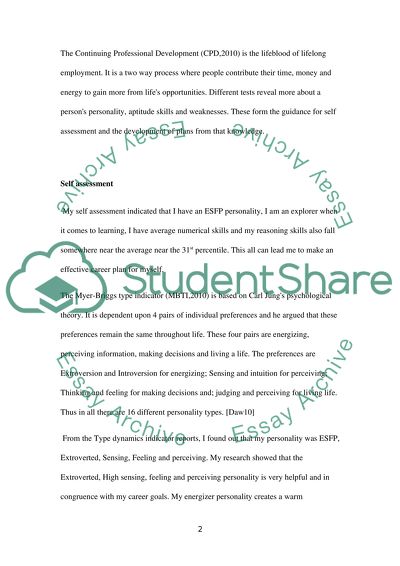Cite this document
(“Personal and Organisational Development Portfolio/Report Essay”, n.d.)
Retrieved from https://studentshare.org/environmental-studies/1405323-personal-and-organisational-development-portfolio
Retrieved from https://studentshare.org/environmental-studies/1405323-personal-and-organisational-development-portfolio
(Personal and Organisational Development Portfolio/Report Essay)
https://studentshare.org/environmental-studies/1405323-personal-and-organisational-development-portfolio.
https://studentshare.org/environmental-studies/1405323-personal-and-organisational-development-portfolio.
“Personal and Organisational Development Portfolio/Report Essay”, n.d. https://studentshare.org/environmental-studies/1405323-personal-and-organisational-development-portfolio.


